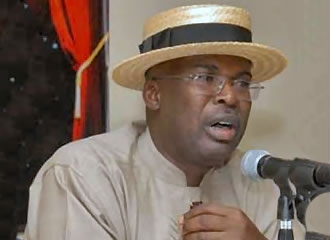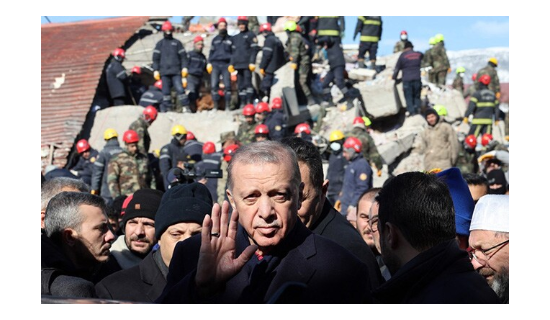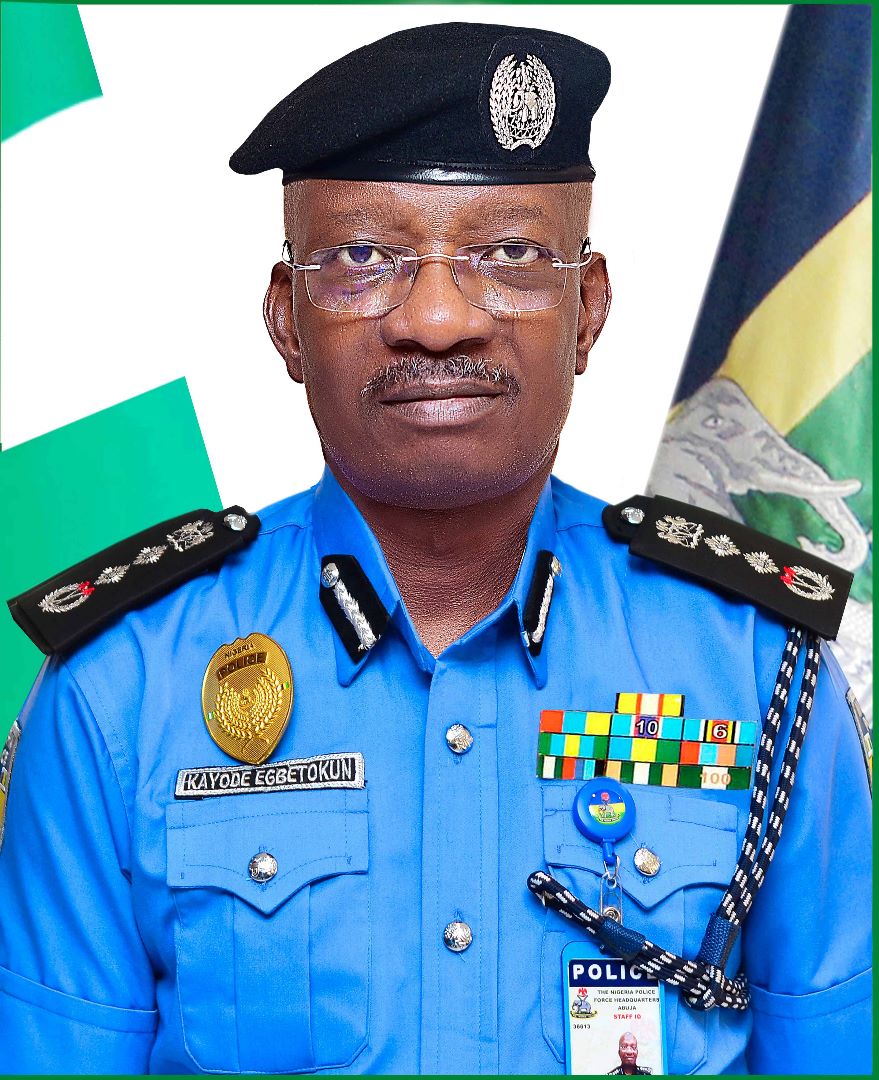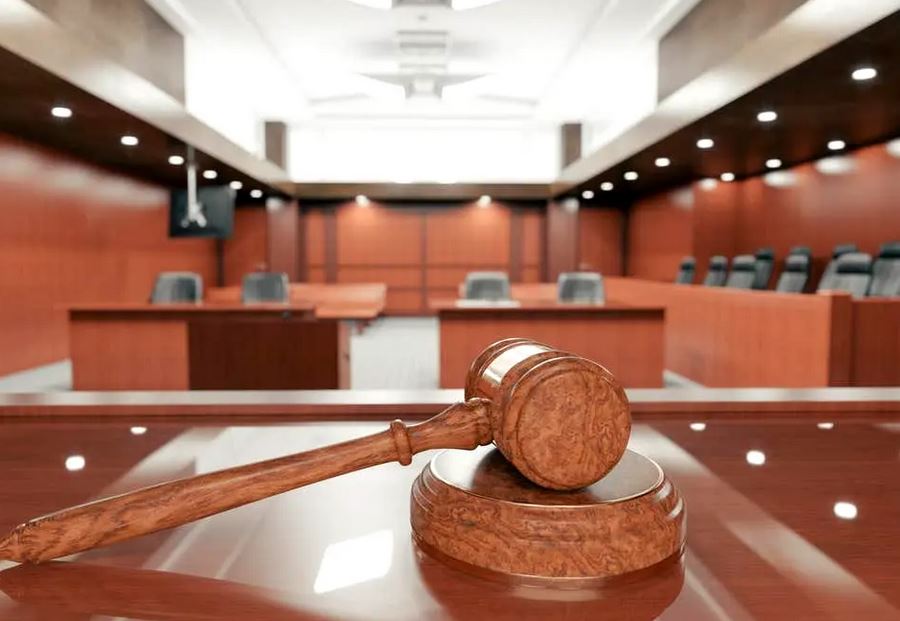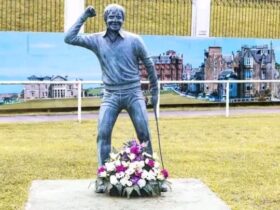Hakan Tanriverdi has a simple message for President Recep Tayyip Erdogan days after Turkey suffered its worst disaster in generations: “Don’t come here asking for votes.”The earthquake that killed more than 21,000 people across Turkey and Syria came at one of the most politically sensitive moments of Erdogan’s two-decade rule.
The Turkish leader has proposed holding a crunch election on May 14 that could keep his Islamic-rooted government in power until 2028.
The date gives his splintered opposition little time to hammer out their differences and agree on a joint presidential candidate.
Whether that vote can now go ahead as planned remains to be seen.
Erdogan has declared a three-month state of emergency across 10 quake-hit provinces. The region is still digging out its dead and many are living on the streets or in their cars.
Campaigning here seems out of the question.
But there is also a political dimension that is deeply personal for Erdogan.
The earthquake struck just as he was gaining momentum and starting to lift his approval numbers from a low suffered during a dire economic crisis that exploded last year.
Tanriverdi’s bitterness is a bad sign for Erdogan in a province where he handily beat his secular opposition rival in the last election in 2018.
“We were deeply hurt that no one supported us,” Tanriverdi said of the government’s earthquake response.
– Erdogan fights back –
Tanriverdi’s grievances are common in Adiyaman province — one of the hardest-hit by the quake.
Locals complain that rescuers didn’t arrive in time to pull out people who survived the first critical hours. Some pointed to a lack of machinery to drill through slabs of concrete.
“I did not see anyone until 2:00 pm on the second day of the earthquake,” Adiyaman resident Mehmet Yildirim said.
“No government, no state, no police, no soldiers. Shame on you! You left us on our own.”
Erdogan admitted “shortcomings” in the government’s handling of the disaster on Wednesday.
But he is also fighting back. The 68-year-old led a rescue response meeting in Ankara on Tuesday and spent the following two days touring a series of devastated cities.
He is yet to visit Adiyaman.
That upsets Hediye Kalkan, a volunteer who travelled nearly 150 kilometres (95 miles) to help with the Adiyaman rescue and recovery effort.
“Why doesn’t the state show itself on a day like this?” she demanded.
“People are taking their relatives’ bodies out by their own means”.
– ‘Isn’t it a sin?’ –
The sheer scale and timing of the disaster — spanning a large and remote region in the middle of a winter storm — would make any rescue effort complicated.
Erdogan has received a largely warm reception from locals in carefully choreographed visits broadcast on national television.
One elderly woman came out to hug Erdogan and shed tears on his shoulder.
Veysel Gultekin might not do the same if he had a chance to face the Turkish leader.
Gultekin said he had seen one of his relatives’ feet trapped under the rubble after running out on the street after Monday’s pre-dawn tremor.
“If I had a simple drill, I could have pulled him out alive,” Gultekin said. “But he was completely trapped and after a strong aftershock, he died.”
AFP reporters saw more machines and rescue workers — including international teams — around collapsed buildings on Thursday.
But this was not enough to soothe Tanriverdi’s pain.
“People who didn’t die from the earthquake were left to die in the cold,” he said. “Isn’t it a sin, people who have been left to die like this?”
AFP




